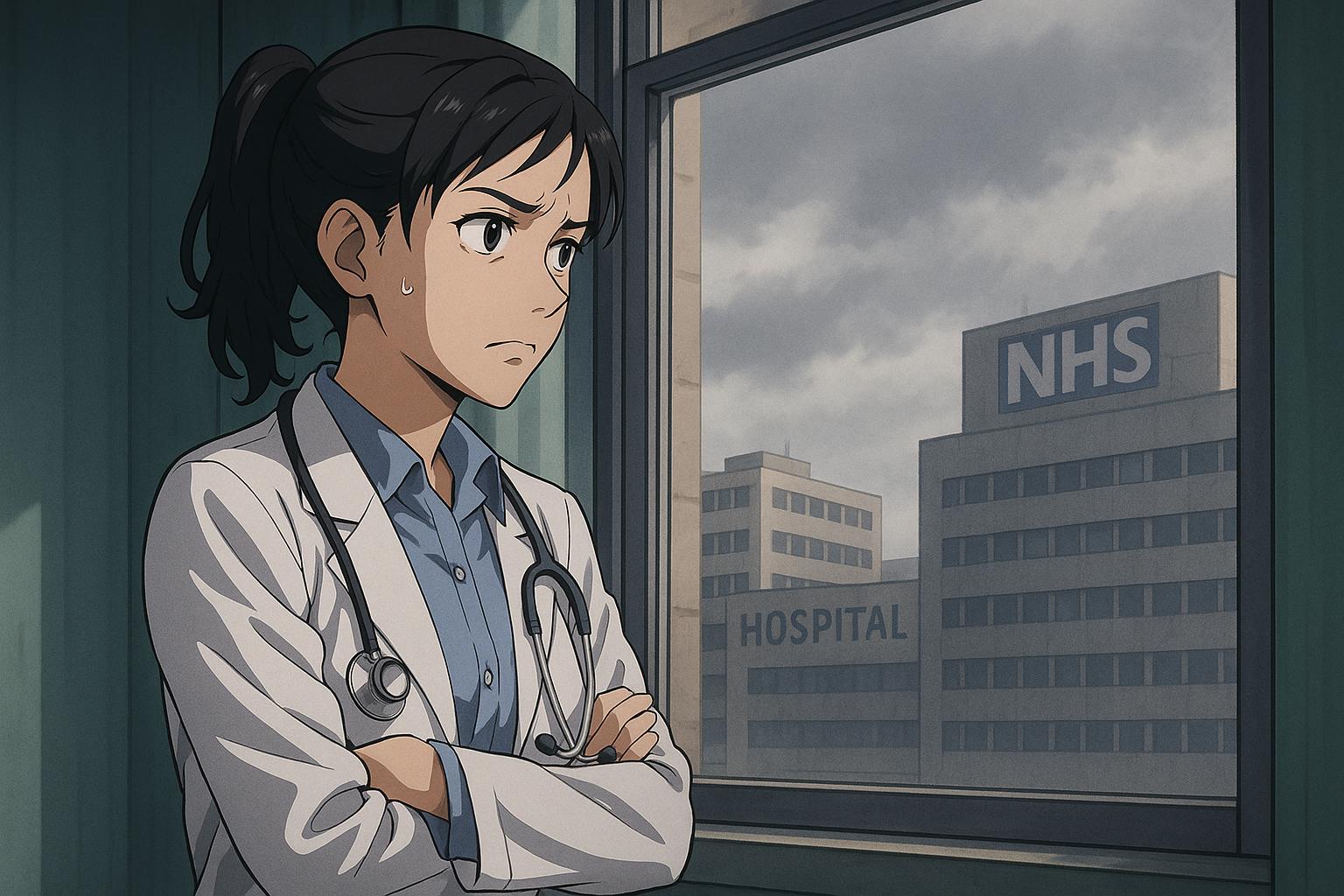A public health expert who played a pivotal role in advising both the Scottish and UK governments on COVID-19 has recently highlighted significant deficiencies within the NHS following her personal struggle to access timely cancer treatment. Professor Devi Sridhar, noted for her expertise and frequent media presence during the pandemic, faced a shocking reality when she discovered abnormal cells in a routine smear test. Despite her qualifications and connections, she was informed that she might wait up to six months to ascertain whether these cells were cancerous.
Sridhar's experience is emblematic of a broader crisis affecting Scotland's healthcare system. Despite carrying out over 280,000 routine tests annually for HPV—responsible for the majority of cervical cancer cases—patients are now encountering unfathomable delays. Speaking to The Sunday Times, she recounted her frustration during an agonising wait, stating, “I was calling three to four times a day... It was scary and it was frustrating because I teach this stuff, right? So I know there's delays in the system.” With each passing day without treatment, her chances of a favourable outcome diminished by a worrying two per cent.
Regrettably, Sridhar’s case is not an isolated incident. Statistics indicate that 2023 marked Scotland's worst year on record for cancer waiting times, exacerbated by staff shortages, equipment failures, and an onslaught of rising referrals. In fact, the NHS has missed the 31-day target for initiating cancer treatment in five of the last six quarters. Most alarmingly, the critical 62-day target—wherein 95% of patients are expected to begin treatment within that timeframe—has not been achieved since 2012.
Experts from organisations like Macmillan Cancer Support have vocally condemned this situation as “completely unacceptable,” urging the government for increased investment and innovative reforms to combat the escalating backlog. In the first quarter of 2023, only 69.4% of patients started treatment within the 62-day target, revealing that urgent reforms are desperately needed. These delays have significant implications; they not only hinder timely treatment but also stand to worsen survival outcomes. Sridhar noted, “We’re not meeting the targets for even those with an active cancer diagnosis… and that is why our survival outcomes are not as good as other countries.”
While she ultimately managed to secure an earlier appointment through sheer determination—taking advantage of a cancelled slot after two months—Sridhar cautioned that her experience highlights the necessity for patients to be proactive in their healthcare journeys. This raises pressing questions about accessibility for those without her background in medical expertise. On this note, she called for a reassessment of Scotland's public health spending, expressing her disbelief at the reluctance to fund preventive measures. “I don’t understand sometimes why we think we’re saving money by pulling back from screening programmes when it ends up costing us more in the end,” she stated.
Echoing these sentiments, Cancer Research UK's public affairs manager in Scotland, Dr Sorcha Hume, shared concerns about the impact of underfunding on patient anxiety and outcomes. With cancer cases rising and the system working beyond its limits, calls for adequate funding and better support for NHS staff have never been more urgent.
The landscape of cancer treatment in Scotland is undeniably bleak, yet the stark realities highlighted by Sridhar and other experts underscore the necessity for both timely governmental action and a paradigm shift in how cancer care is approached. With a growing number of individuals facing similar predicaments, the message is clear: robust investment in health initiatives is not just a necessity but a moral imperative to improve the lives of countless patients now navigating the tumultuous waters of the NHS.
Reference Map
- Paragraphs 1, 2, 4, 5, 6
- Paragraph 3
- Paragraph 3
- Paragraph 3
- Paragraph 3
- Paragraph 3
- Paragraph 3
Source: Noah Wire Services
